7 In-Season Veggies to try this Spring!
7 In-Season Veggies to try this Spring!

It is always best to buy food in season. The seasonality of food refers to the times throughout the year when an item is at its peak, either in terms of harvest or flavor. In-season foods are usually more readily available (and less expensive) and are the freshest on the market. The fresher food is, the more enhanced its flavor contributes to the overall enjoyability of a snack or complete meal!
Now that Spring has sprung, this is a great time to refresh our meal plans, and catering offerings to incorporate those delicious and nutrient-friendly vegetables. Check out these 7 Spring-forward veggies that you should give a try:
Artichokes
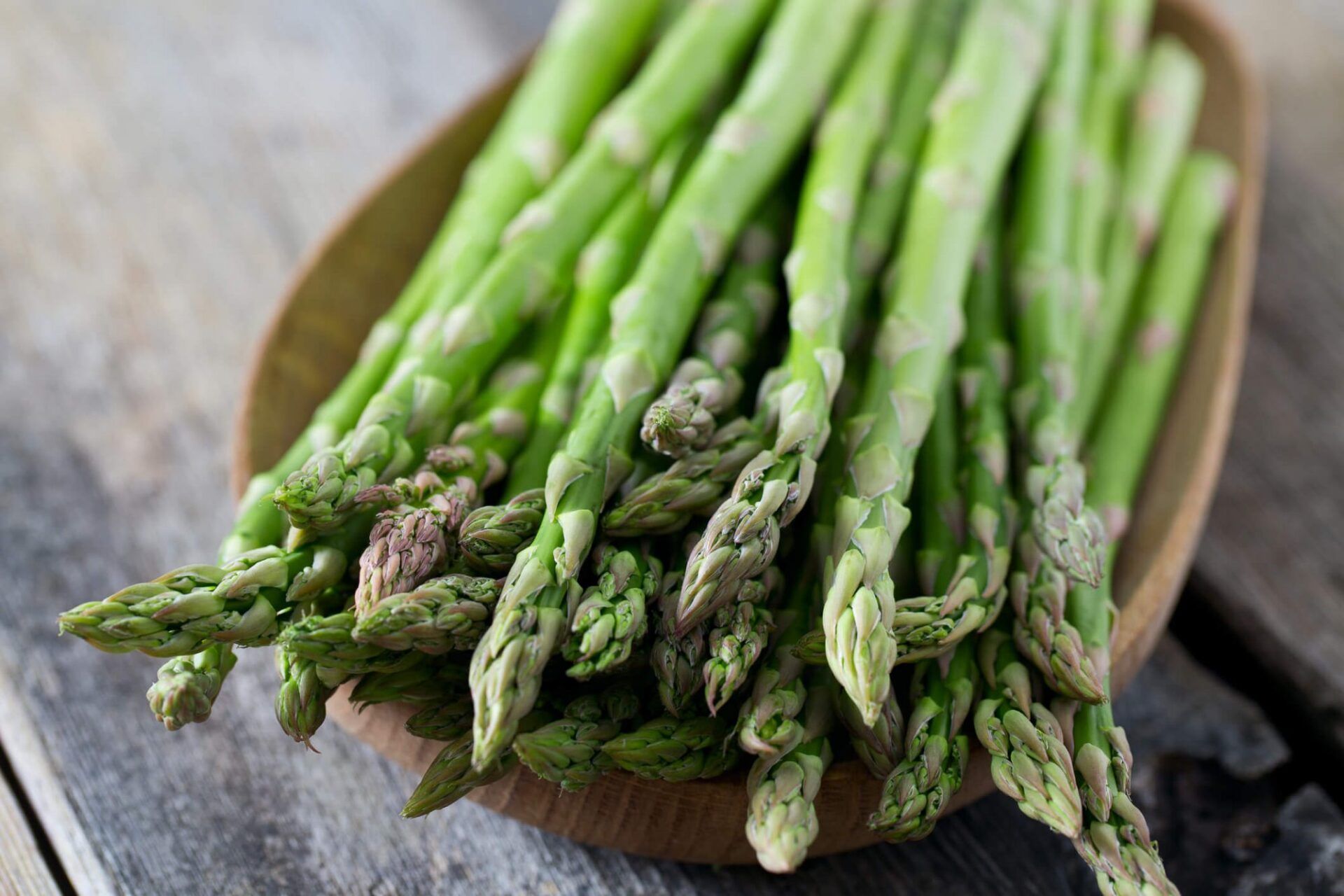
Artichokes are rich in antioxidants, contain about 4 grams of protein and 10 grams of fiber, which means it’s great for keeping you feeling full! They also are a good source of vitamin K, folate, magnesium, and vitamin C. You can find artichokes in their raw form or canned (if buying canned, be mindful of sodium levels). I enjoy topping them on homemade pizzas or making spinach artichoke dip.
Arugula
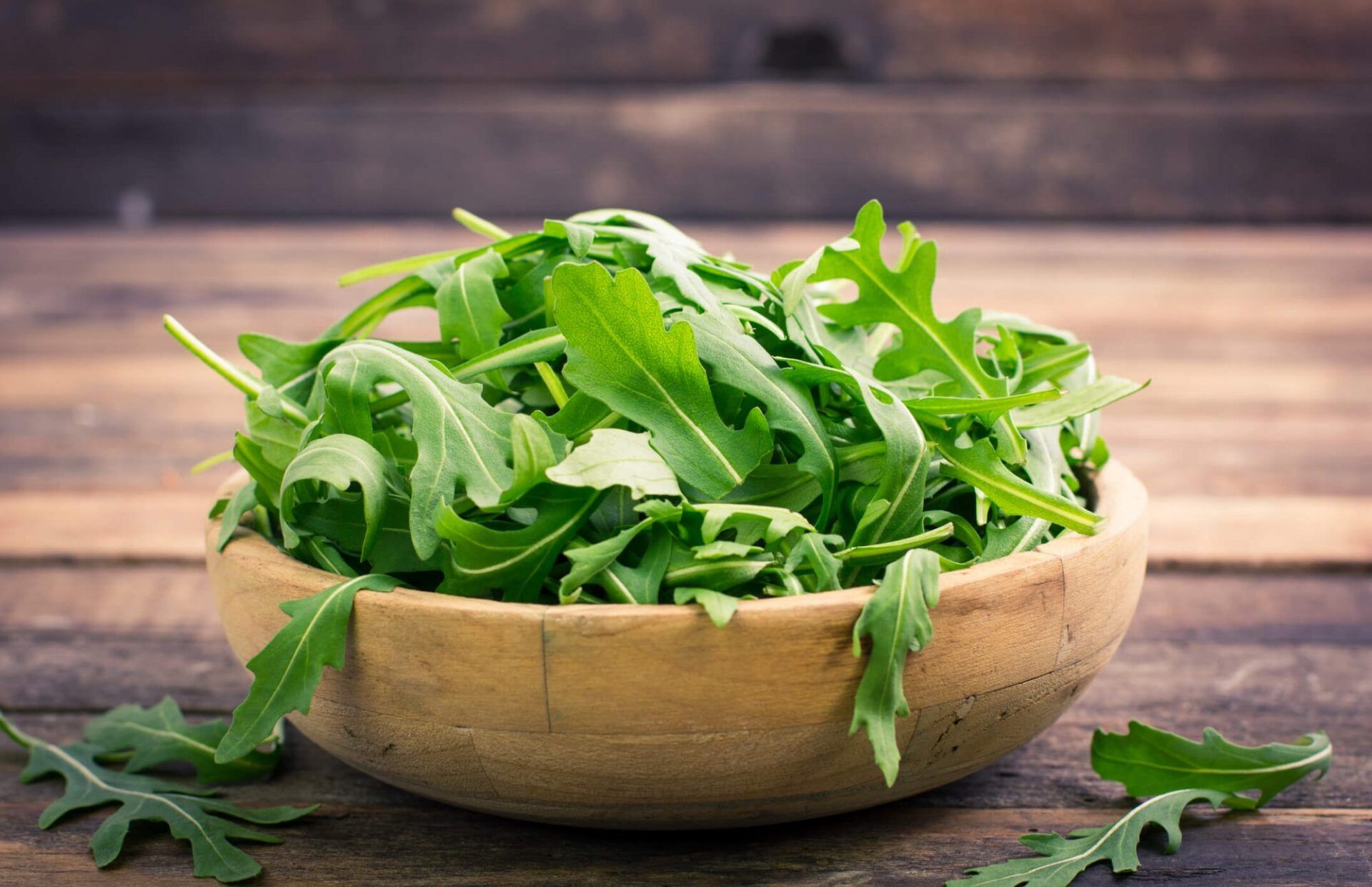
Sometimes described as “peppery,” arugula is a firm, leafy green that livens up salads everywhere! Just a half cup of it provides about 15% of your daily recommended vitamin K, 5% of vitamin A, and 5% total of your calcium, manganese, and folate. Arugula is tasty raw, but it can also be cooked and eaten wilted. It is sometimes used as a substitution for basil.
Radish
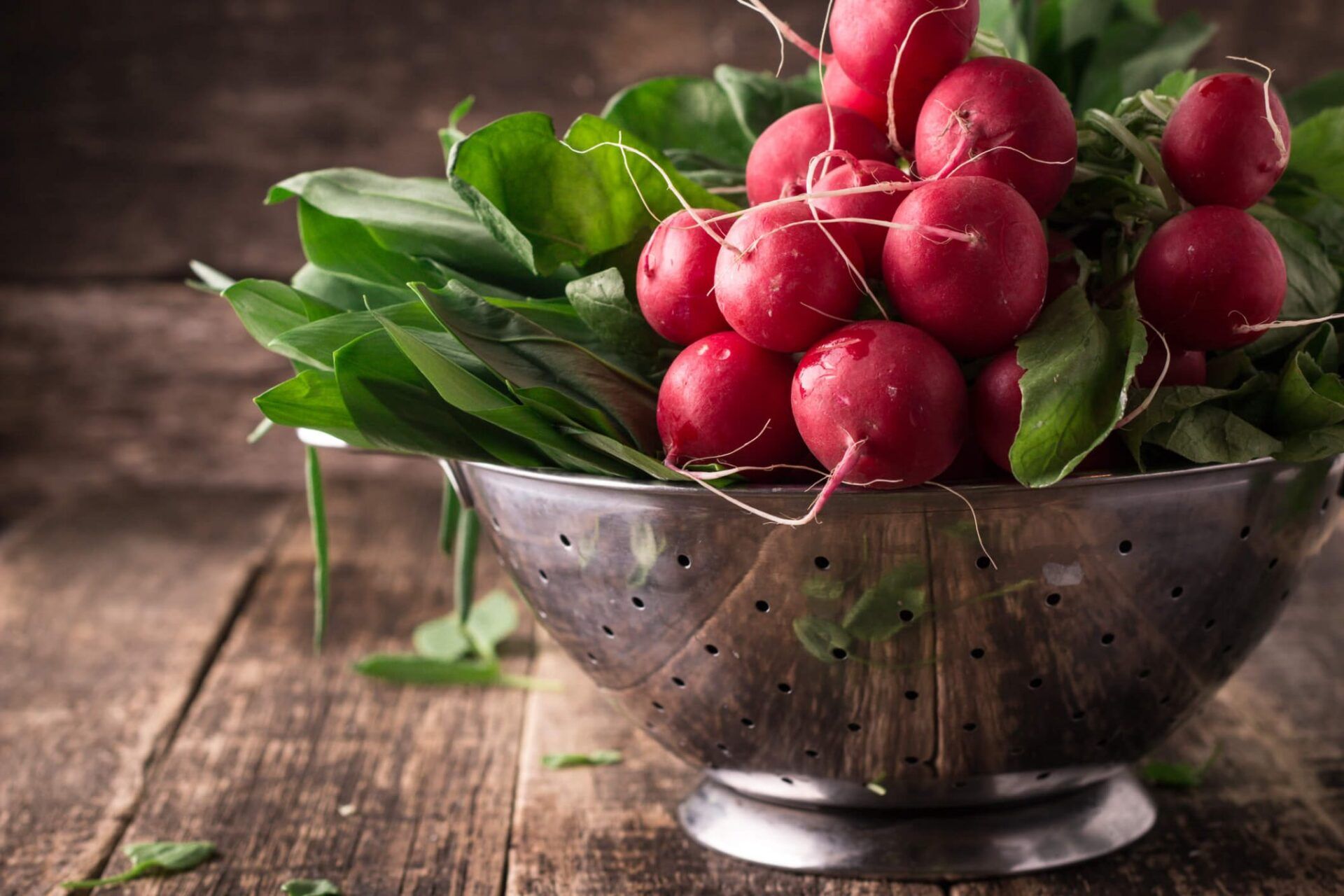
Radishes provide almost a third of your daily vitamin C needs, per cup. They also supply some other important nutrients, including folate, fiber, B vitamins, and potassium. Radishes are best enjoyed thinly sliced on salads or a sandwich. Other great ways to prepare radishes are oven roasted, and pickled.
Peas
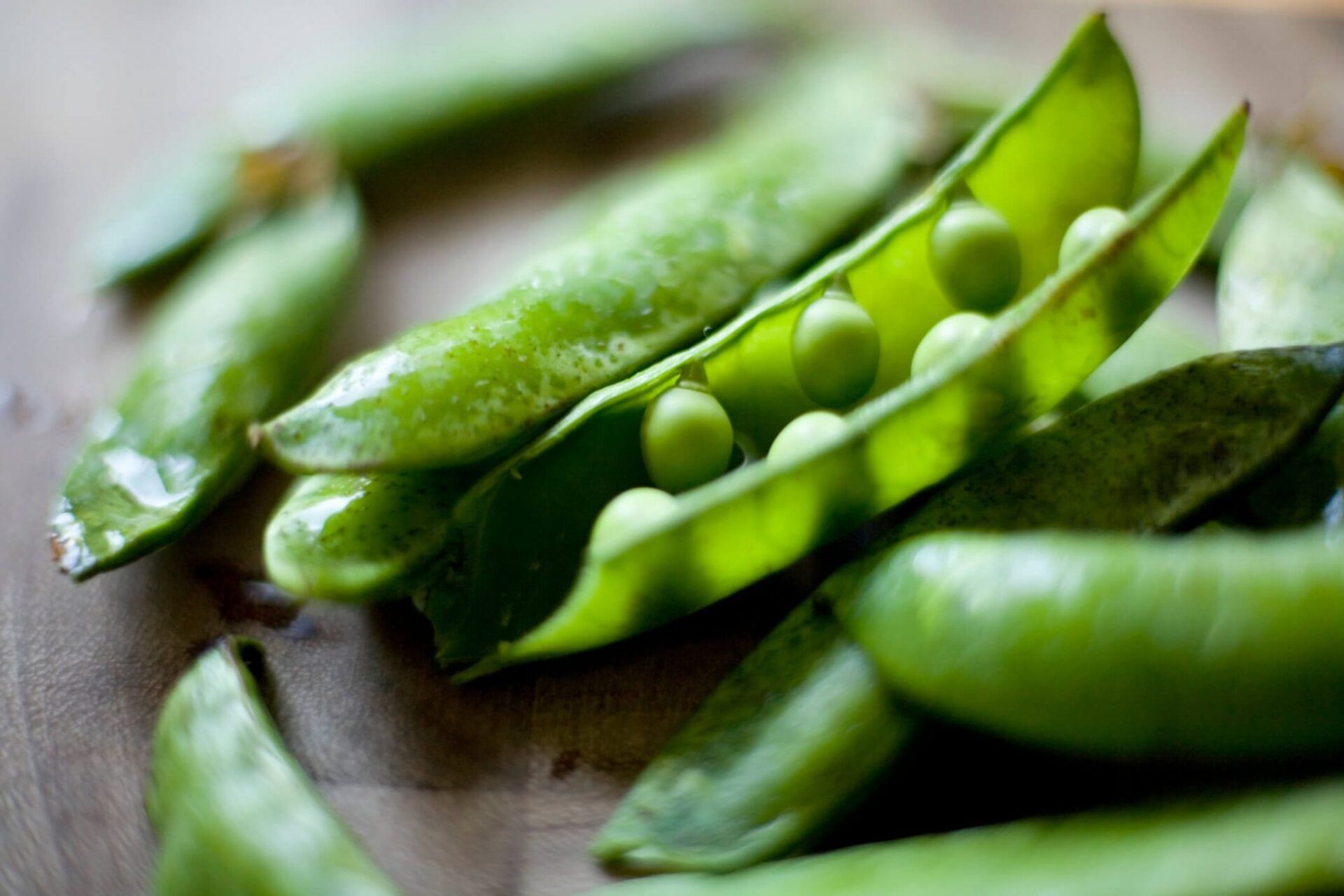
Peas are high in vitamins A, C, K, B6, folate, manganese, phosphorus, magnesium, and iron. They supply an impressive 9 grams of fiber per cup. They have a mild taste and are both starchy and sweet. Fresh peas can be eaten right off the plant. Or you can enjoy them in stir-fries, noodles, and salads.
Swiss Chard
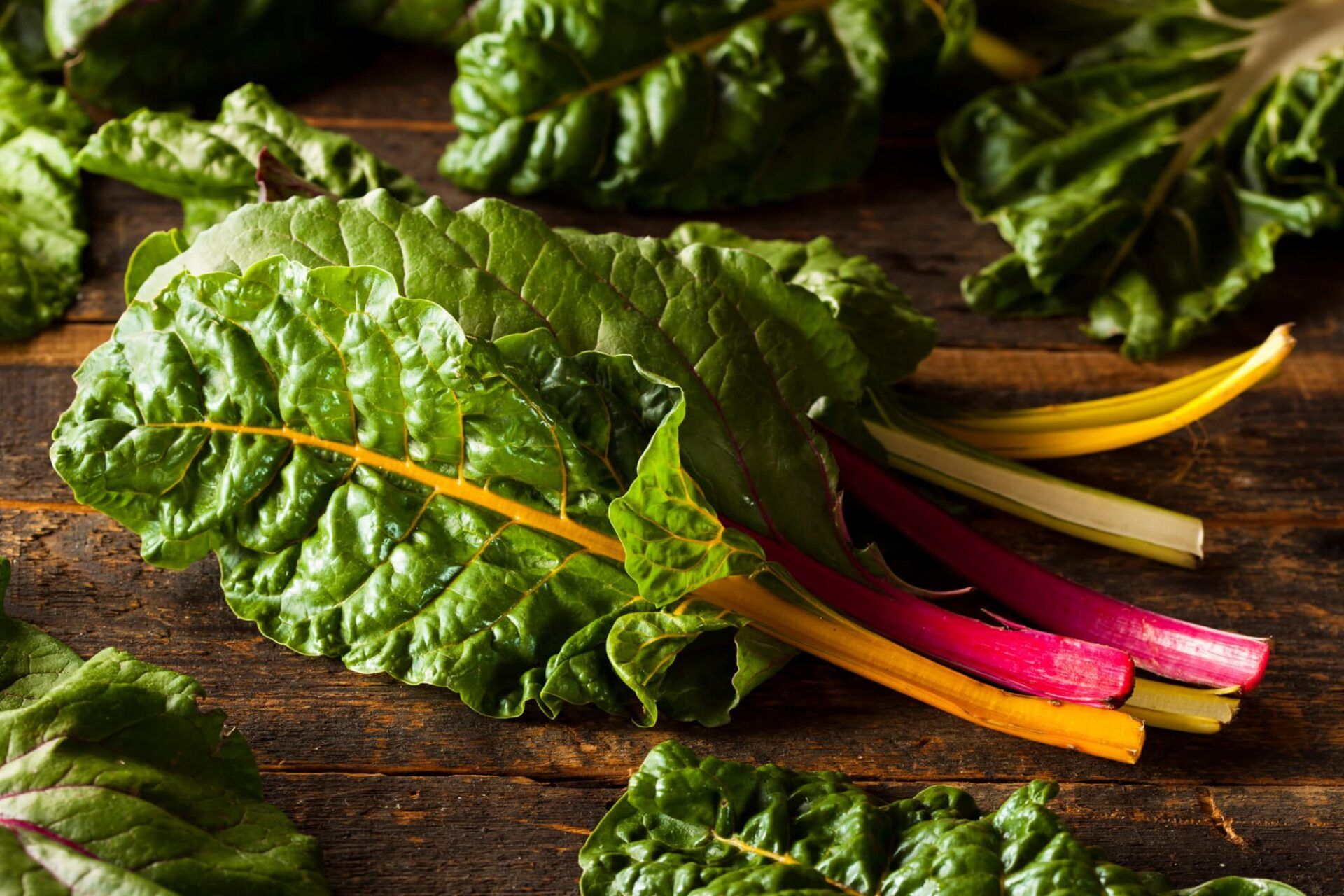
Despite its name, Swiss Chard is native to the Mediterranean region and is often sold in bundles with vibrantly colored stalks. One cup provides over three times the recommended daily amount for vitamin K. This colorful green is delicious wilted, added to pasta dishes, or in bean soups.
Asparagus

This hardy, delicious, and nutritious perennial vegetable is in its prime during Springtime! Asparagus is a good source of antioxidant vitamins A and C, as well as various B vitamins. Asparagus is delicious roasted, steamed, in orzo salad, or in a breakfast veggie scramble. It can have a tough stalk, so be sure to peel or chop, and to cook it adequately. TIP: To keep asparagus fresher longer, just trim the ends and place the bunch in two inches of water.
Carrots
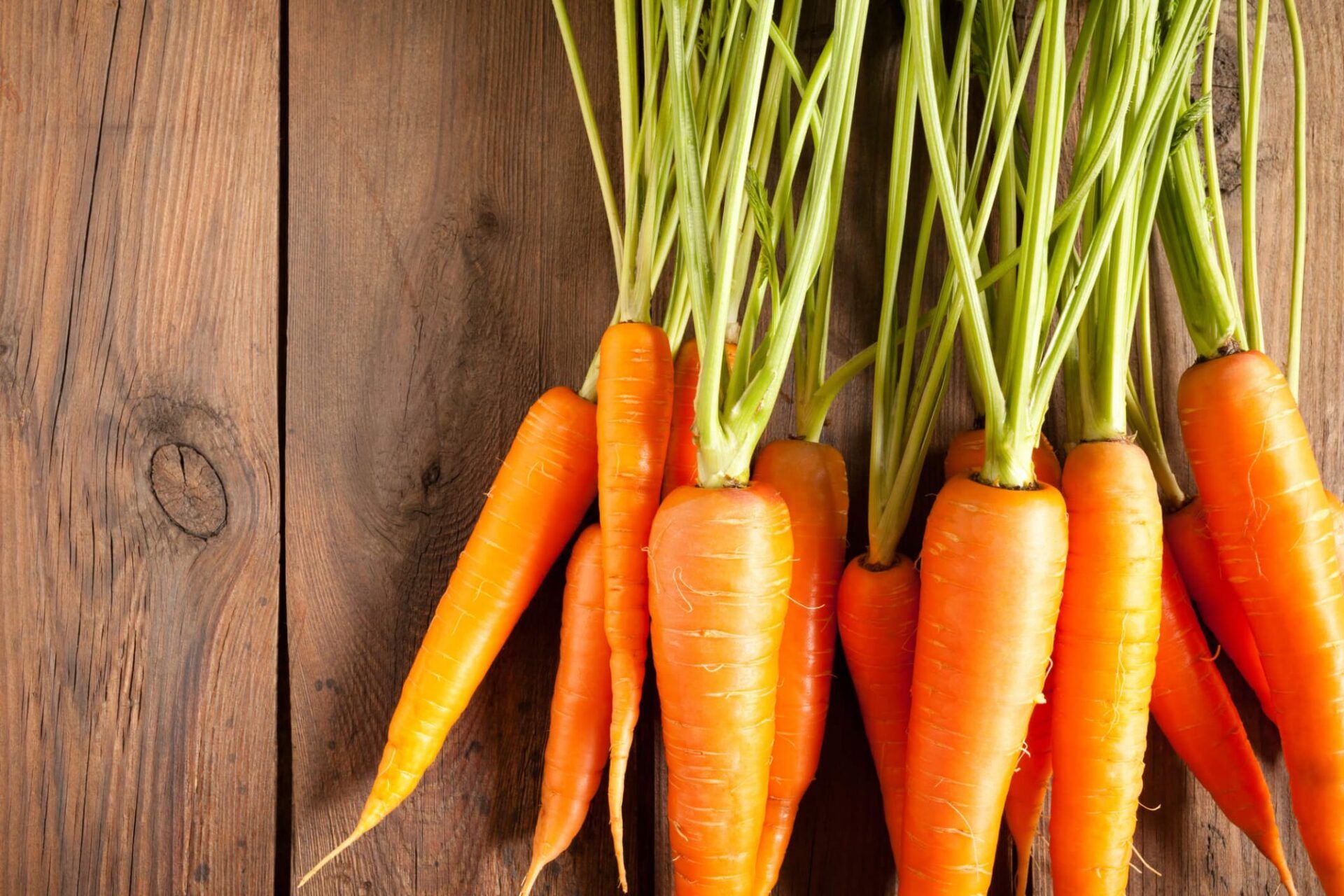
Carrots are rich in carotenoid pigments that both give them their color and provide many health benefits. One large carrot contains 240% of your daily vitamin A needs, in the form of beta-carotene. Enjoy carrots grated and baked into muffins, shredded and mixed into your oatmeal with raisins, or simply crunched on raw with a low-fat ranch dip or hummus.
Happy Spring!
Want to try Soul Fresh Catering for your upcoming event? Get in touch today!

